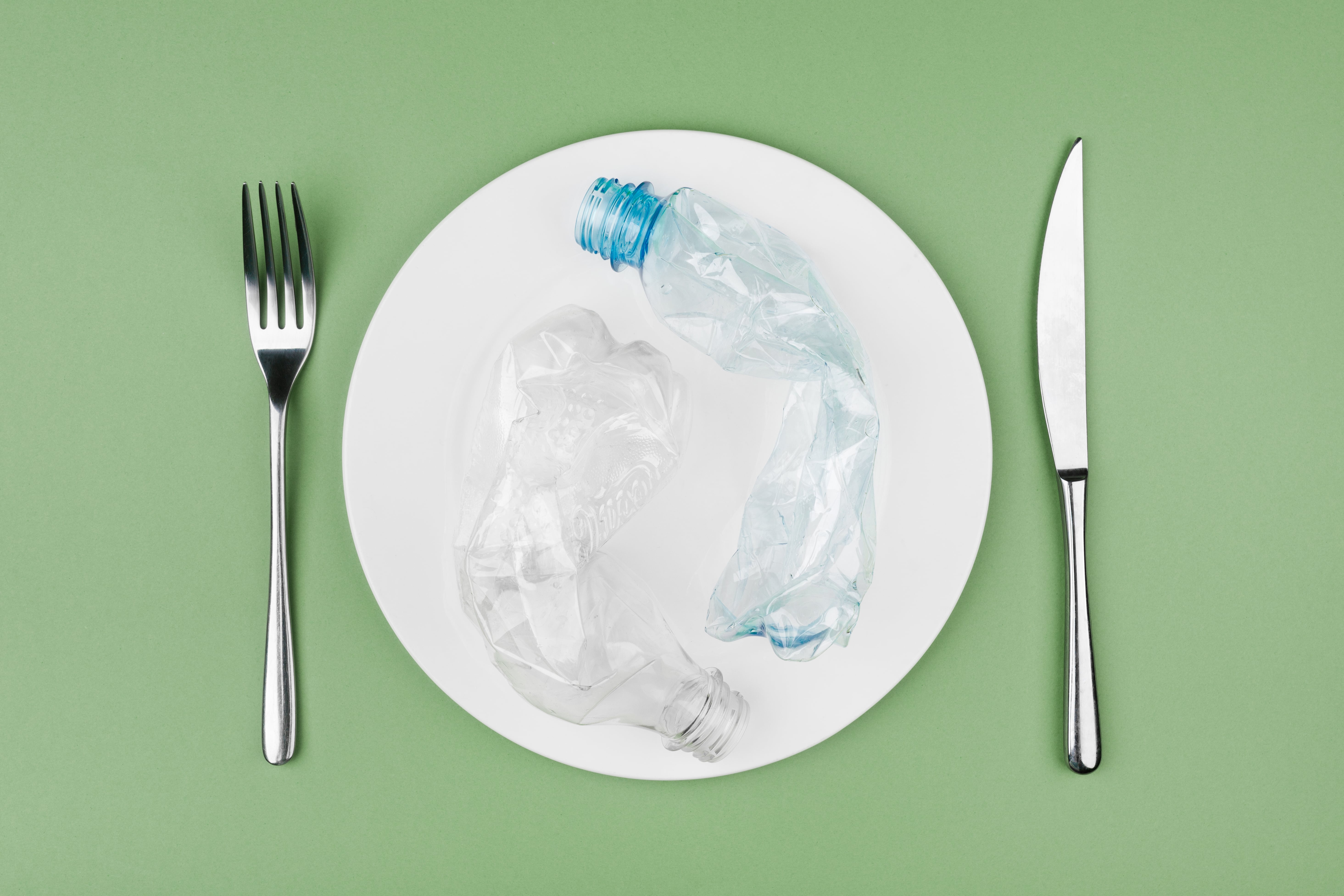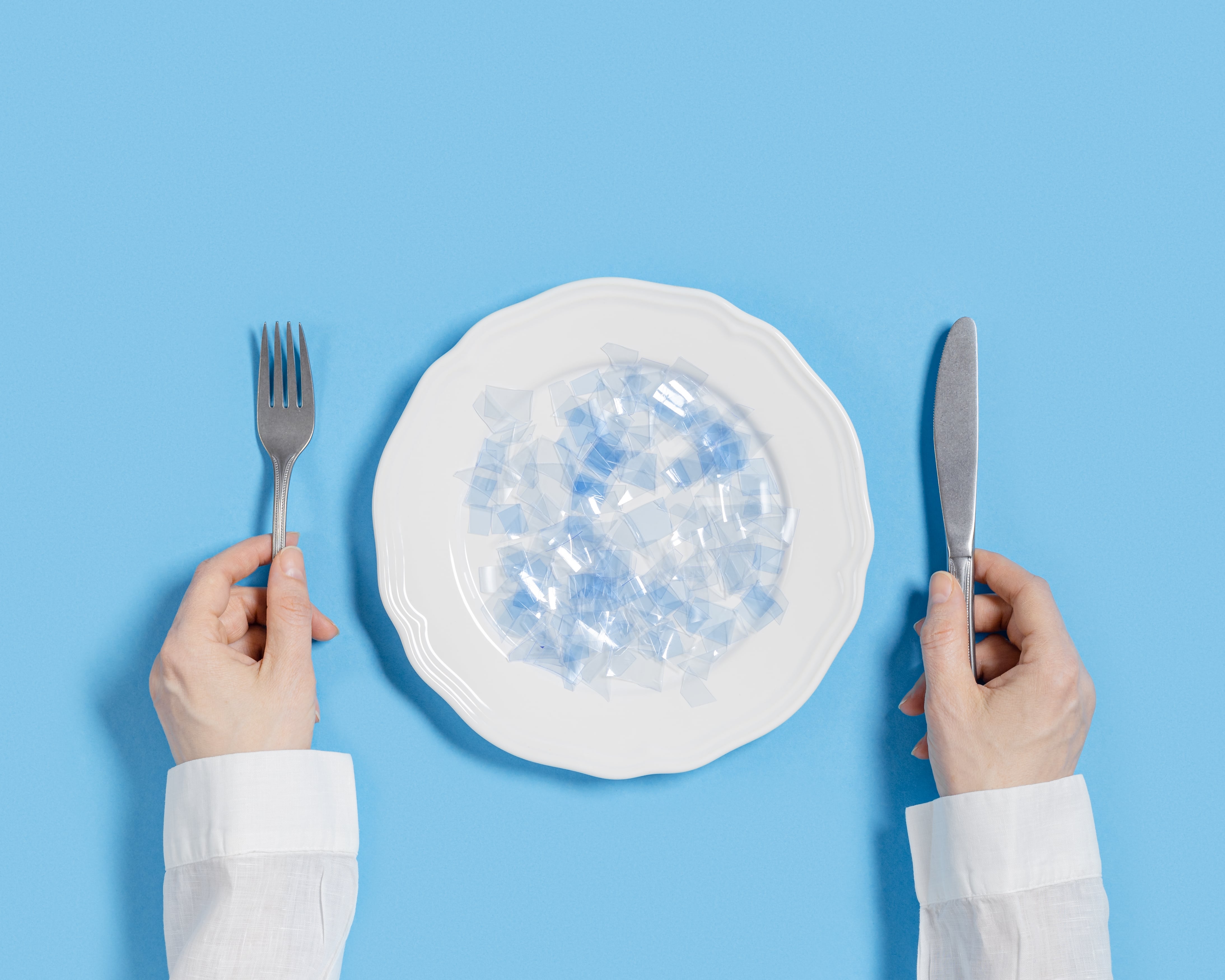Did you know that of the 6.3 billion tons of plastic we generate annually, only 9% is recycled? Recycling is a costly process, so it is necessary to explore other options to reduce the environmental impact of plastic.

It is not a "far-fetched" idea, but it is certainly challenging.
It is curious to think that plastic, which among many things is used to store and transport food, can become the food itself. A fact that is not only interesting for science, but also encouraging from a human point of view, since every day people are becoming more committed to sustainability.
The fact that plastic can be transformed into food is also a contribution to solving two of the world's major problems: the famine suffered by 8.9% of the population and the excess of plastic, which has become one of the great evils for the environment.
To the question: can plastic be transformed into food?
We will answer with a small yes. Small as the amount of plastic that has so far been successfully converted into protein powder.
This project is led by Ting Lu, professor of bioengineering at the University of Illinois and Stephen Techtmann, professor of biology at Michigan Technological University, who, together with a team of biologists, chemists and engineers, won the Future Insight Prize in 2021, thanks to this discovery.

Protein powders?
The process is as follows: by means of heat, they turn the plastic into a kind of oil, so that bacteria can metabolize it more easily, those bacteria go to what many refer to as "microbial slaughterhouse", and end up resulting in that protein powder that resembles the ones used by athletes in their shakes.
Is it sustainable going forward?
We have to wait for scientists to continue studying and testing. But from a societal point of view, achieving this goal would turn much of the plastic into a sustainable food source, something that seems ironic but would certainly be great.
In the words of Professor Techtmann: "Nature has provided us with biological systems to deal with many environmental problems", so it is worth reflecting on the active role that we can all play towards a more sustainable world.
We share a reflection: if nature is so generous, that in it we can find many of the keys to slow down and stop the processes of deterioration that we ourselves have caused, the least we can do is to strive to help from any position in which we find ourselves to preserve the environment.




